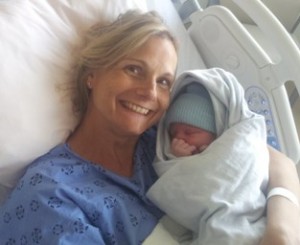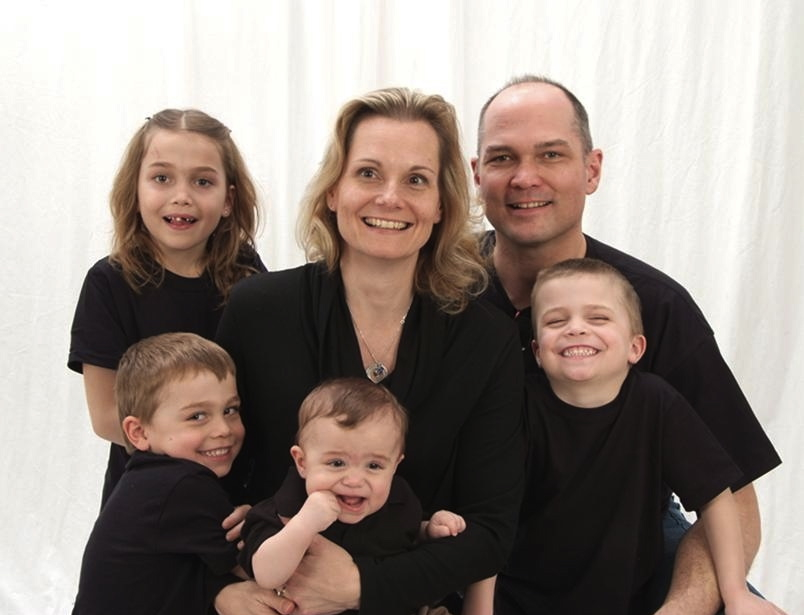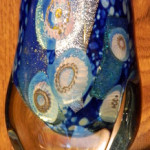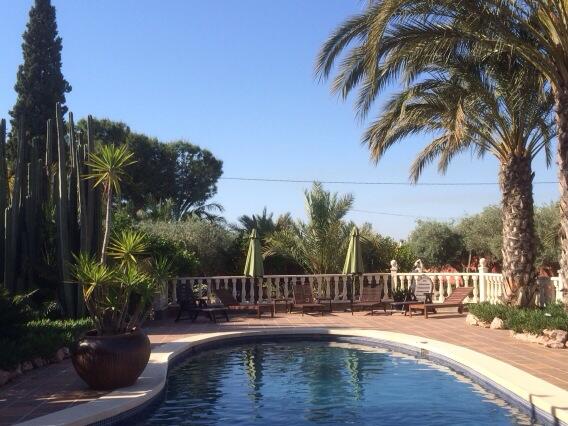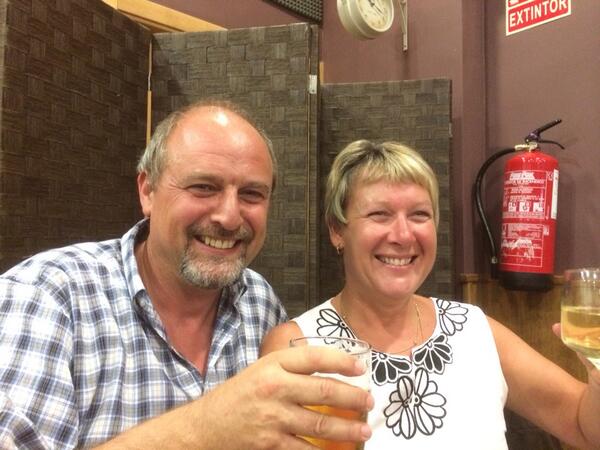You are
the God of the noisy gongs,
and you are the God
of the clanging cymbals,
of those who speak in the tongues of angels
and are impatient,
who prophesy
and are unkind,
who understand mysteries
and resent the success of the unworthy,
whose faith moves mountains,
and are rude and easily angered.
Such people are “nothing,” Paul says.
You are the God of those nothings.
* * *
You are God of the wildly generous
And yet self-seeking,
Who surrender their body to the flames
In ardent faith, but remember
every wrong done to them
and are delighted
when retribution overtakes their persecutors
And so gain nothing. Alas!
You see their tragedy. You are their God.
* * *
And when I speak and write eloquently
But am neither patient, nor kind
I still love you,
And oddly, you love me,
Noisy old clanging cymbal.
And when I prophesy, truly
And envy a friend’s success,
And when in a flash of insight,
I fathom mysteries,
And I gain knowledge,
through toil, or your spirit
And tell (okay, boast!)
Oddly, I still love you,
And you love me.
And when my simple faith has moved
Obstacles, and I subtly
Take all the credit for it,
Goodness, you still love me,
And, you know–I love you, Jesus.
When I give far more than I afford,
In a grand gesture I regret for years
But am easily angered
And remember ancient grievances,
And am delighted when my enemies reap
What they’ve sown–at last, at last,
And smile that there’s justice in the universe
Oh Lord, you see and you know,
You shake your head, and you love me.
And I love you.
* * *
I would like to learn to love
A dangerous prayer. And now I
Want to flee from it far beyond the sea,
But will not.
Jesus, I believe in your love for me,
(Most of the time!)
No, truly, I do.
Let the river of that love
Flow through me to other people
Let me follow you
In the most excellent way!


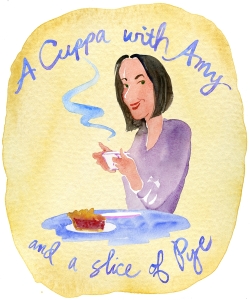 Thank you to Anita for inviting me on the Monday blog tour. Pleasure to be dreaming beneath the spires with you, even if from a sunny garden in North London!
Thank you to Anita for inviting me on the Monday blog tour. Pleasure to be dreaming beneath the spires with you, even if from a sunny garden in North London!

